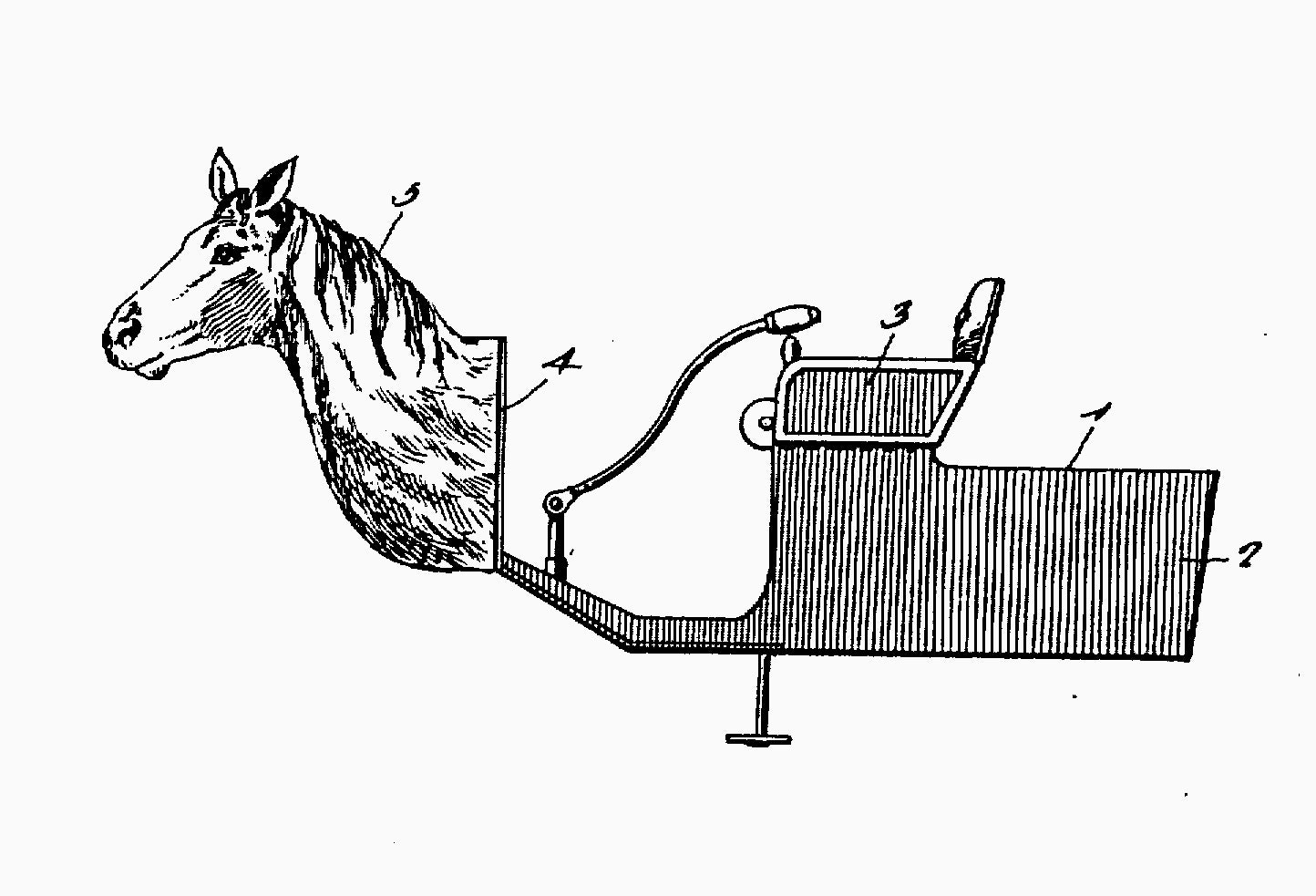Edition 4
Fear and hoping on la Croisette
Welcome to the fourth weekly edition of Nowism.
News
Cannes Creativity Change the World?
There was a curious tension between fear and hope in Cannes this week, where many of the tribes of Advertising smashed together to officially celebrate the best of creativity, and unofficially the power of technology in marketing, and the art of schmoozing. AI was the topic of the week, predictably, which made a nice change from the utter guff espoused last year on NFTs, Web3, and the Metaverse.
I was fortunate enough to speak and host a panel with the brilliant Rory Sutherland where we discussed what changes in the advertising world really mattered to marketers and business leaders. As one of the many industries obsessed with the idea things are very different from before, it was wonderful to talk about the degree to which almost everything we knew a hundred years ago, is as essential as ever, and that maybe our jobs are not as complex as we like to think.
The last two decades have seen an interesting shift. For the first fifteen years, the world of advertising largely ignored the internet, data, and new behaviors and technology, and found this all a bit beneath them. For the last five years, as a way to restore the balance, the industry talks about little else other than every new shiny new technology and big data. The pendulum to me has swung too far. Tech is fast becoming THE idea, not the enabler of the idea. We seem more keen to talk about technology in great detail, using buzzwords, more to signal to others in the industry that we get it, and to create barriers than to make better marketing.
This strikes me as a useful illustration of the broader business world. Each and every industry is now caught up in the pervasive narratives of fear. That things are changing faster than ever, that everything is different now. That what you know is no longer enough. That tech X and Y will take your job and that every new startup will eat any company that happens to have thrived for decades or centuries, by default. These things are largely not true at all, but there is more money to be made by the business media, consulting industry, analyst reports, and more speaking slots to be had by chaos creation, not context and balance.
What struck me about Cannes as a whole was how lost the industry feels. What used to be an ambitious, precocious industry that was a vital part of our culture now seems small, insular, and tactical. It has lost its focus on everyday people and forgotten about the time-tested principles of marketing that have been honed over a hundred years. Now, it seems embarrassed to even talk about what it does, preferring instead to discuss things like storytelling, brand purpose, sustainable craft, and being creators, rather than the ghastly act of simply selling things.
It strikes me that the roles of brands have NEVER been more important. We’ve never been more overwhelmed by choice and more in need of ways to help decide. It strikes me that creativity is the most magical, effective, and efficient way of solving problems, and both Cannes and Advertising at large should be seeking a way to ensure Creative Problem Solving spreads out and away from the shrinking domain of advertising, to eat up more meaty business problems.
LinkedIn to be Liked Less?
The New York Times was famously known for reporting "all the news that's fit to print." However, the internet has made the newspaper infinitely larger, with the marginal cost of adding a story approaching zero. As a result, people started paying with clicks, not copies, and almost all media has now become "anything that could get a click.”
As a result, digital media has become less about quality and more about quantity. It is no longer about editorial curation by staff, but about triggering customers to provide content for free. Every social media platform now demands that you consume as much media as possible while also creating your own. LinkedIn has recognized that not everyone is comfortable writing and has started testing a new AI-powered feature to make it easier to generate content.
However, there is a concern about where this trend is leading. Will it result in even more low-quality, crap content flooding the internet? Since thinking is writing and writing is thinking, are we training people to stop thinking?
MrBeasts’ Burgers Bust
One of the secrets to McDonald's success has been its ability to guarantee that it won't serve a surprisingly bad burger, rather than making the best burgers. This makes sense because most people practice "satisficing," where the downside to making a mistake is minimized. I have long thought that MrBeast's foray into food showed that people in the broader “tech” and “influence” world know little about how brands really work. His burgers were licensed out with no quality control, unlike a franchise operation that ensures quality control. Interestingly, MrBeast may no longer be in control because he sold rights to Virtual Dining Concepts, a company exploring the intersection of Ghost Kitchens and celebrities' belief in the universality of their brands. Mario Lopez Tortas anyone?
IndiGo Winging It
Indian airline IndiGo has put in the largest aircraft order ever, by a long way, ordering 500 Airbus A320 planes, to be delivered between 2030 and 2035. This now means the airline has 1,330 new planes on order. For size comparison, American Airlines has the largest fleet in the world right now with 933 planes.
This can be an airline recovery story, low-cost airliners are changing the game thanks to fuel-efficient engines story, but it’s also a “wow, India really is growing story.” Many expect this to be THE economic story of the 2020s, but we’ve said that before. Modi isn’t everyone’s cup of tea, but he’s overseen an incredible digital backbone for India, which could be the foundation of enormous change.
Finally, a Neobank for Grown-Ups?
I’ve long been puzzled by why startups generally made products for young people when old people have pretty much all the money in the world. They too embrace new technology and like better design and service. I’ve been amazed that all neobanks were designed with patronizing functionality like the ability to share a takeaway pizza with a flatmate, rather than, say, perks like access to a classic car club. So was glad to see this premium bank account by the insurgent money app (bank?) Revolut. I just wish there was more of this. Why don’t older, richer people deserve best-in-class digital service design? Where can more of this kind of bold thinking get us?
Watt's Up, Truck Drivers
Pickup trucks now outsell cars in the US, and every year the top three selling vehicles are always trucks. In fact, the Ford F150 makes up about 90% of Ford’s global profits. So it’s always been a bit odd that EV makers have been slow to capture this market. Enter Telo, a startup making EV Trucks for people who don’t like big trucks. There is a gap in the market. But is there a market in the gap? The startup has a lot of tech brains, but seemingly no knowledge of assembling cars at scale, which is by far the hardest part. This is rather worrying.
Things I liked this week
I’m not a tech stack aficionado but did one day want to create a company that made “tech stacks in a box,” containing partners that work well together for tiny, small, and medium-sized companies. The landscape is super messy. So I was thrilled to see “the stackies” a light-hearted award for companies that have their stacks sorted. Lots to learn here.
I’ve always been interested in how we use old technologies and metaphors and words to usher in new technology. Like it’s weird how the QWERTY keyboard, designed to stop typewriter letter arms clashing, will soon be used in a VR headset like the Apple Vision Pro. I found this example, a horseless carriage, AKA a car, with a horse’s head so it doesn’t scare horses drawing other carts.
Love this line from this amazing piece: “We have this weird, anthropomorphic bias to equate difficulty with intelligence. If it’s hard, then it must require more.”
Finally, luxury clothes maker, Brunello Cucinelli chips in on AI.
“Nvidia’s chips may be capable of processing billions of individual ads, but there are not that many reasons to buy ice cream or ketchup.” Wise thoughts on the power or lack of power of AI from a fellow Cannes observer at the FT.
If you’re enjoying Nowism and find this content useful, please consider sharing it with a friend or colleague.
I’ve been delighted by the encouragingly positive feedback so far. Thank you so much for taking the time to read my thoughts!





I am loving this newsletter!